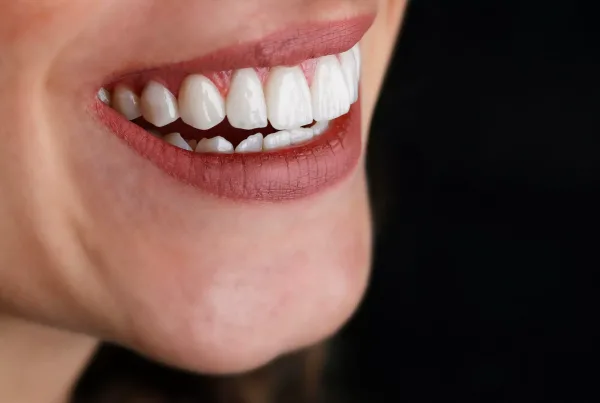Jaw pain after a dental filling treatment can be caused by several factors, some of which are related to the dental procedure itself and others that might be unrelated to the treatment. Here are some potential reasons for experiencing jaw pain after getting a dental filling:
- Muscle Strain: Holding your mouth open for an extended period during the filling procedure can strain the muscles of your jaw and face, leading to temporary discomfort or soreness.
- Dental Injection: The injection of local anesthesia to numb the treatment area can sometimes cause temporary discomfort or soreness around the injection site.
- Clenching or Grinding: If you tend to clench your teeth or grind them, either during the dental procedure or afterward due to stress, it can lead to jaw pain. This condition is known as bruxism.
- Bite Adjustment: After a dental filling, your bite may feel slightly different due to the new restoration’s shape. If your bite is not properly aligned, it can cause jaw pain or discomfort while chewing.
- Inflammation: The dental filling procedure involves drilling and cleaning the tooth, which can lead to some inflammation in the surrounding tissues, including the jaw joint (temporomandibular joint or TMJ).
- Temporomandibular Joint Disorder (TMD): If you already have TMD or jaw joint issues, dental procedures like fillings can exacerbate the condition and cause jaw pain.
- Infection: While rare, it’s possible for an infection to develop in the tooth after a filling. Infection can lead to pain and discomfort that can radiate to the jaw.
- Nerve Irritation: Sometimes, the dental procedure can cause temporary irritation to the nerves in the tooth, leading to referred pain in the jaw area.
- Excessive Force During Procedure: If there was excessive force applied during the dental procedure, it could lead to trauma or injury to the jaw joint or surrounding tissues.
- Other Dental Issues: Jaw pain can also be caused by other dental issues that are coincidental to the filling treatment, such as an abscessed tooth, cracked tooth, or other oral health concerns.
If you’re experiencing persistent or severe jaw pain after a dental filling, it’s important to contact your dentist. They can evaluate your condition, determine the cause of the pain, and recommend appropriate treatment or interventions to alleviate your discomfort. In some cases, your dentist might need to make adjustments to the filling or address any underlying issues contributing to the pain.





